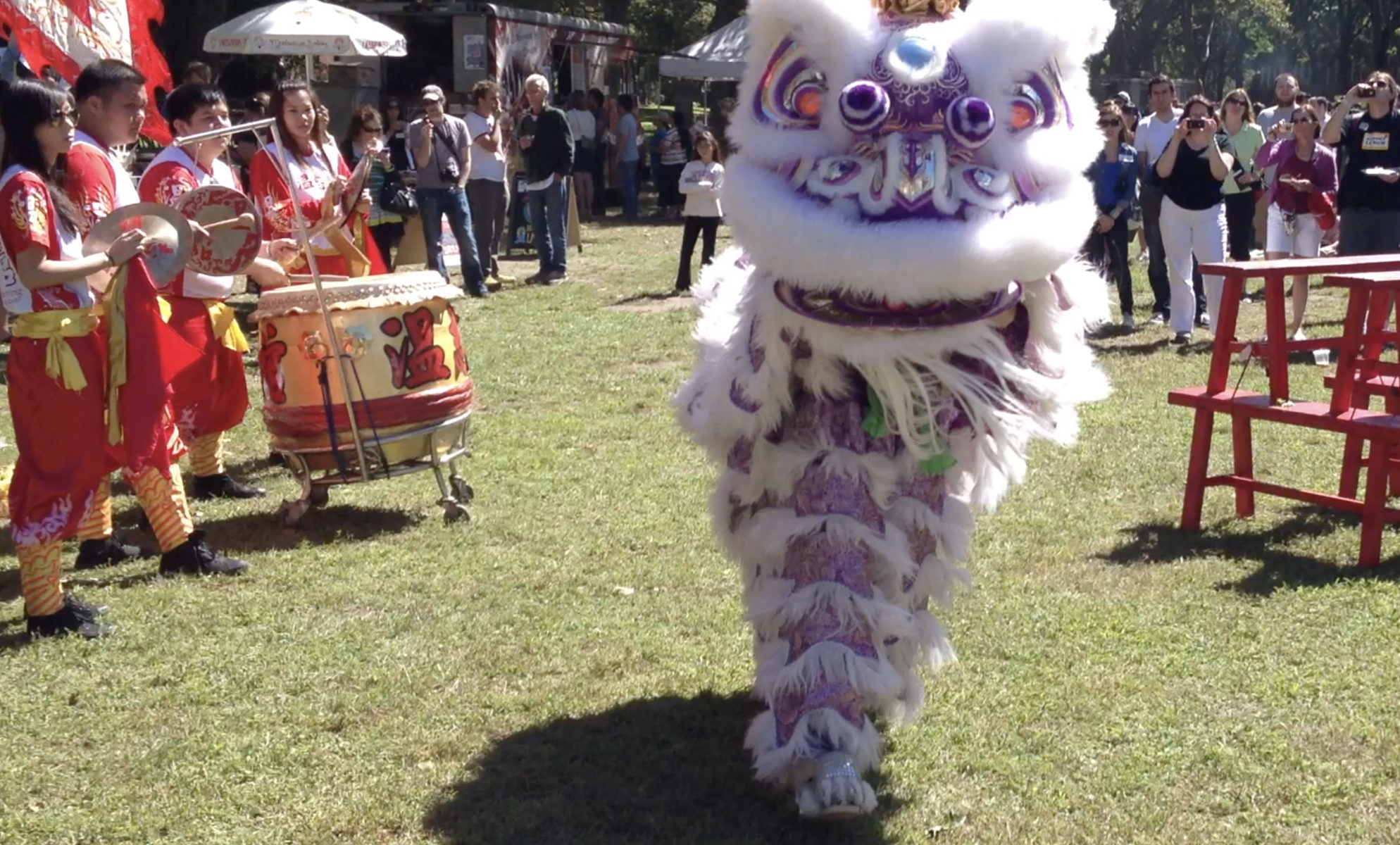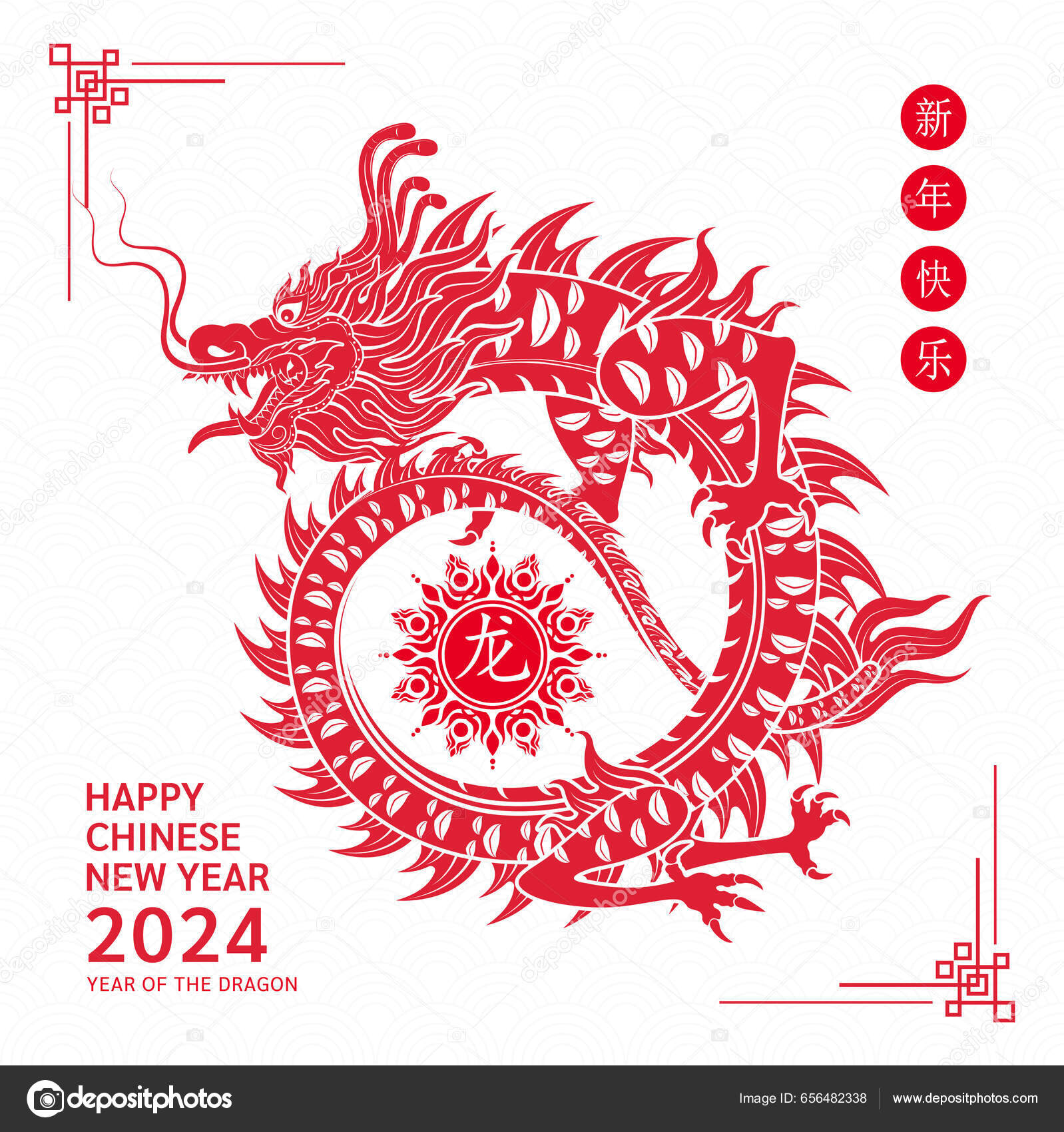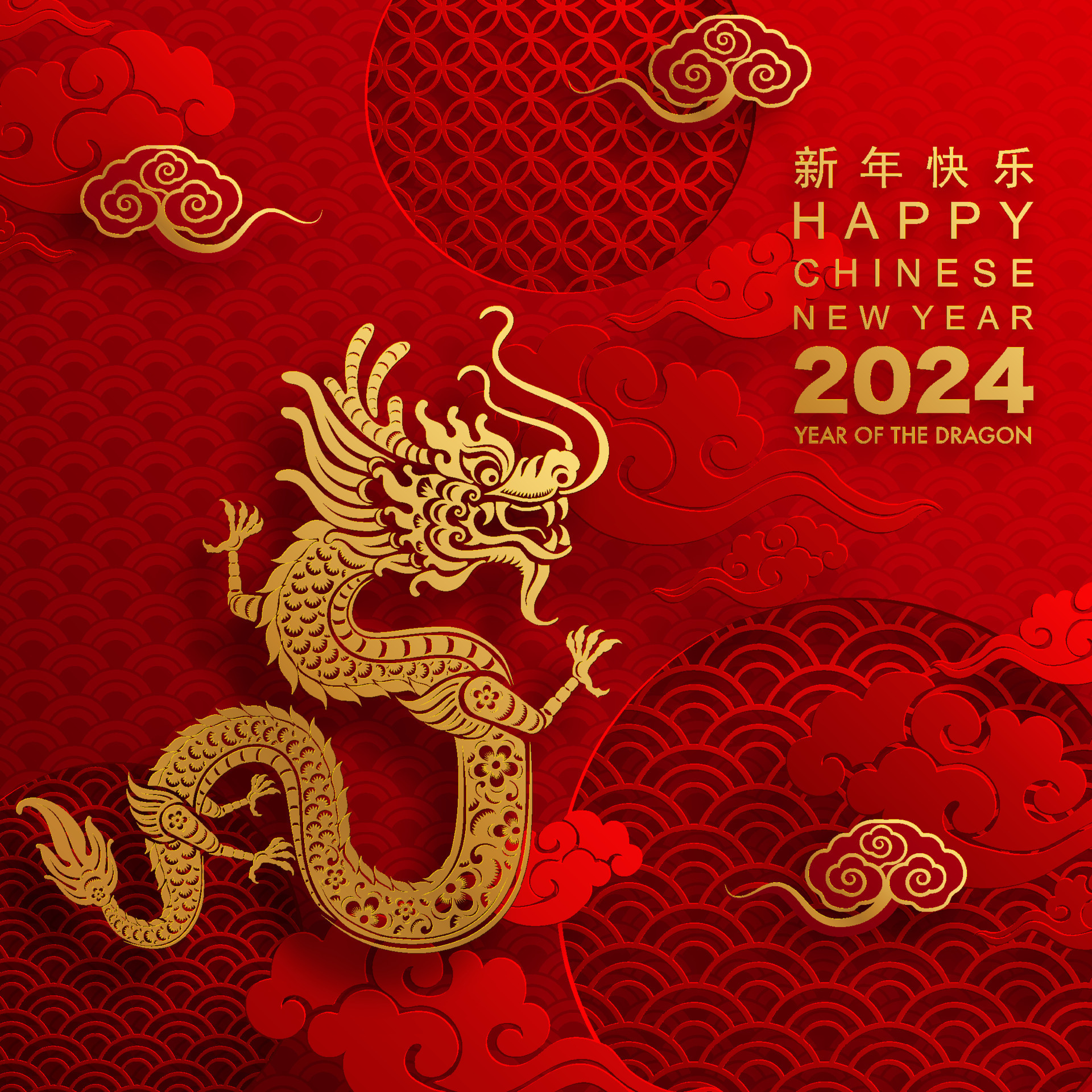Chinese New Year of 1988 marked the beginning of the Year of the Dragon, one of the most auspicious and celebrated zodiac signs in Chinese culture. It’s not just a festival; it’s an experience that brings families together and fills the air with joy, fireworks, and traditions passed down through generations. So, buckle up, because we’re diving deep into the vibrant world of Chinese New Year in 1988!
Back in 1988, the world was buzzing with excitement as Chinese communities worldwide prepared for the grand celebration. The Year of the Dragon is believed to bring prosperity and good fortune, making it extra special for everyone involved. Whether you’re into astrology, history, or just love a good cultural celebration, this article’s got you covered.
This isn’t just about dates and traditions; it’s about understanding the essence of the festival, the stories behind the rituals, and why it matters even today. If you’ve ever wondered what makes Chinese New Year so magical, let’s take a trip back to 1988 and uncover the secrets behind the celebrations.
- Is Cd Lamb Married Unveiling The Truth Behind The Spotlight
- Taron Egerton Siblings Unveiling The Family Dynamics Of The Golden Globe Winner
Why Chinese New Year 1988 Was So Special
1988 was the Year of the Dragon, and if you’re familiar with Chinese astrology, you know how big a deal this is. Dragons are powerful, energetic, and lucky, symbolizing strength and good fortune. People born under this sign are often seen as leaders, and the year itself is considered a time of great opportunity.
But what made 1988 stand out? For starters, it was a time of transition. The world was on the brink of significant changes, and the Dragon’s energy seemed to fuel innovation and progress. From technological advancements to cultural shifts, 1988 felt like a year where anything was possible.
Traditions That Define Chinese New Year
Every Chinese New Year is steeped in tradition, and 1988 was no exception. Here’s a quick rundown of some of the most iconic practices that made the festival unforgettable:
- How To Remove Wine Labels The Ultimate Guide For Wine Enthusiasts
- Dan Abrams First Wife The Untold Story Behind The Scenes
- Reunion Dinners: Families gathered for lavish feasts, with dishes like dumplings, fish, and noodles taking center stage. Each food had its symbolic meaning, ensuring a prosperous year ahead.
- Fireworks and Red Envelopes: Fireworks lit up the skies, warding off evil spirits, while red envelopes filled with money brought joy to children and adults alike.
- Temple Visits: Many people visited temples to pray for good fortune and health, starting the year with a spiritual connection.
These traditions weren’t just about fun; they were deeply rooted in cultural significance, connecting people to their heritage and shared values.
Understanding the Zodiac Significance
In Chinese astrology, each year is associated with one of twelve zodiac animals, and 1988 was the Year of the Dragon. Dragons are often seen as the most powerful and fortunate of all the signs. People born in this year are believed to possess qualities like courage, ambition, and creativity.
But what does this mean for those born in 1988? Well, Dragons are natural leaders, unafraid to take risks and pursue their dreams. They’re also known for their charm and charisma, making them popular in social circles. If you’re a Dragon, chances are you’ve got a knack for turning heads and making things happen.
Fun Facts About the Dragon Zodiac
Did you know that Dragons are the only mythical creature in the Chinese zodiac? Here are some fun facts to spice things up:
- Dragons are often associated with water and are said to control rain and rivers.
- They’re considered lucky, which is why you’ll see dragon motifs everywhere during Chinese New Year.
- People born in Dragon years are thought to be more successful than others, making them highly sought-after partners and colleagues.
So, if you’re a Dragon or know one, give them a high-five for being awesome!
How Chinese New Year Was Celebrated in Different Countries
Chinese New Year isn’t just a Chinese thing; it’s a global celebration. In 1988, communities all over the world came together to honor the Year of the Dragon. From bustling cities to quiet villages, the festival brought people together in unique ways.
Celebrations in Asia
In China, streets were filled with parades, dragon dances, and lion performances. Families visited relatives, exchanged gifts, and enjoyed traditional meals. Meanwhile, in countries like Vietnam and Korea, similar traditions were observed, with local twists that made each celebration unique.
Celebrations Beyond Asia
Outside Asia, Chinese New Year was gaining popularity in 1988. In cities like San Francisco, London, and Sydney, Chinatowns became hubs of activity, attracting locals and tourists alike. Parades, fireworks, and cultural performances turned these events into must-see spectacles.
Whether you were in Beijing or Boston, the spirit of Chinese New Year was alive and well, proving that culture knows no borders.
The Role of Family in Chinese New Year
At its core, Chinese New Year is about family. In 1988, just like today, the festival was a time for reconnecting with loved ones and strengthening bonds. Families traveled long distances to be together, ensuring no one was left out of the celebrations.
From preparing meals to exchanging gifts, every activity was a chance to create lasting memories. Children looked forward to receiving red envelopes, while elders cherished the opportunity to pass on wisdom and traditions to the younger generation.
Modern-Day Comparisons
Fast forward to today, and you’ll find that while technology has changed how we celebrate, the essence remains the same. Video calls, virtual reunions, and online gift exchanges have become part of the modern Chinese New Year experience. But the focus on family remains unwavering.
Whether you’re celebrating in person or virtually, the key is to stay connected and make the most of this special time.
The Economic Impact of Chinese New Year
Chinese New Year isn’t just about traditions; it’s also a major economic event. In 1988, businesses thrived as people spent on gifts, decorations, and travel. From local markets to international brands, everyone wanted a piece of the action.
But it wasn’t just about money; it was about creating opportunities for growth and prosperity. The Year of the Dragon, with its promise of good fortune, inspired people to invest in their futures, whether through education, business, or personal development.
Then vs. Now
Compare 1988 to today, and you’ll see how much things have changed. E-commerce has revolutionized shopping, making it easier than ever to get your hands on traditional goods. But the spirit of generosity and sharing remains the same, reminding us that at the heart of it all, Chinese New Year is about giving.
Whether you’re buying red envelopes or booking flights, the festival continues to drive economic activity, proving its importance in both cultural and financial terms.
The Cultural Significance of Dragons
Dragons play a central role in Chinese mythology and culture. In 1988, their prominence was felt even more strongly, as people embraced the Year of the Dragon with open arms. But what makes dragons so special?
For starters, they’re symbols of power and strength, often associated with emperors and royalty. They’re also seen as protectors, guarding against evil and bringing good luck. In art and literature, dragons are depicted as majestic creatures, embodying the ideals of courage and wisdom.
Dragons in Modern Culture
Fast forward to today, and you’ll find dragons everywhere, from movies to video games. Shows like Game of Thrones have brought these mythical creatures into the mainstream, sparking renewed interest in their origins and meanings.
But for those celebrating Chinese New Year, dragons remain more than just a symbol; they’re a way of life, representing the values and aspirations of an entire culture.
Lessons From the Year of the Dragon
As we reflect on Chinese New Year 1988, there are valuable lessons to be learned. The Year of the Dragon taught us about the importance of courage, resilience, and embracing change. It reminded us that even in uncertain times, we can find strength in our traditions and community.
Whether you’re facing a challenge or chasing a dream, the Dragon’s spirit can guide you. It encourages you to take bold steps, trust in your abilities, and never lose sight of your goals.
Applying These Lessons Today
In today’s fast-paced world, these lessons are more relevant than ever. Whether you’re navigating a career change, starting a business, or simply looking for ways to improve your life, the Year of the Dragon offers inspiration and motivation.
So, the next time you face a hurdle, remember the Dragon’s strength and let it fuel your determination to succeed.
Conclusion: Celebrating the Past, Embracing the Future
Chinese New Year 1988 was a celebration of tradition, culture, and the power of community. It reminded us of the importance of family, the significance of dragons in Chinese mythology, and the economic and social impact of the festival.
As we look back on this special year, let’s take inspiration from the Dragon’s spirit and apply it to our lives. Whether you’re celebrating Chinese New Year or simply embracing the values it represents, remember that courage, resilience, and generosity can take you far.
So, why not share this article with your friends and family? Or better yet, leave a comment below and tell us how you celebrate Chinese New Year. Together, we can keep the spirit of the Dragon alive and well, ensuring its legacy continues for generations to come.
Table of Contents
- Why Chinese New Year 1988 Was So Special
- Traditions That Define Chinese New Year
- Understanding the Zodiac Significance
- Fun Facts About the Dragon Zodiac
- How Chinese New Year Was Celebrated in Different Countries
- The Role of Family in Chinese New Year
- The Economic Impact of Chinese New Year
- The Cultural Significance of Dragons
- Lessons From the Year of the Dragon
- Conclusion: Celebrating the Past, Embracing the Future
Let’s keep the conversation going and make every year as memorable as the Year of the Dragon!
- Dr Moumita Deb Nath The Rising Star In Medical Innovation
- Is Cd Lamb Married Unveiling The Truth Behind The Spotlight


